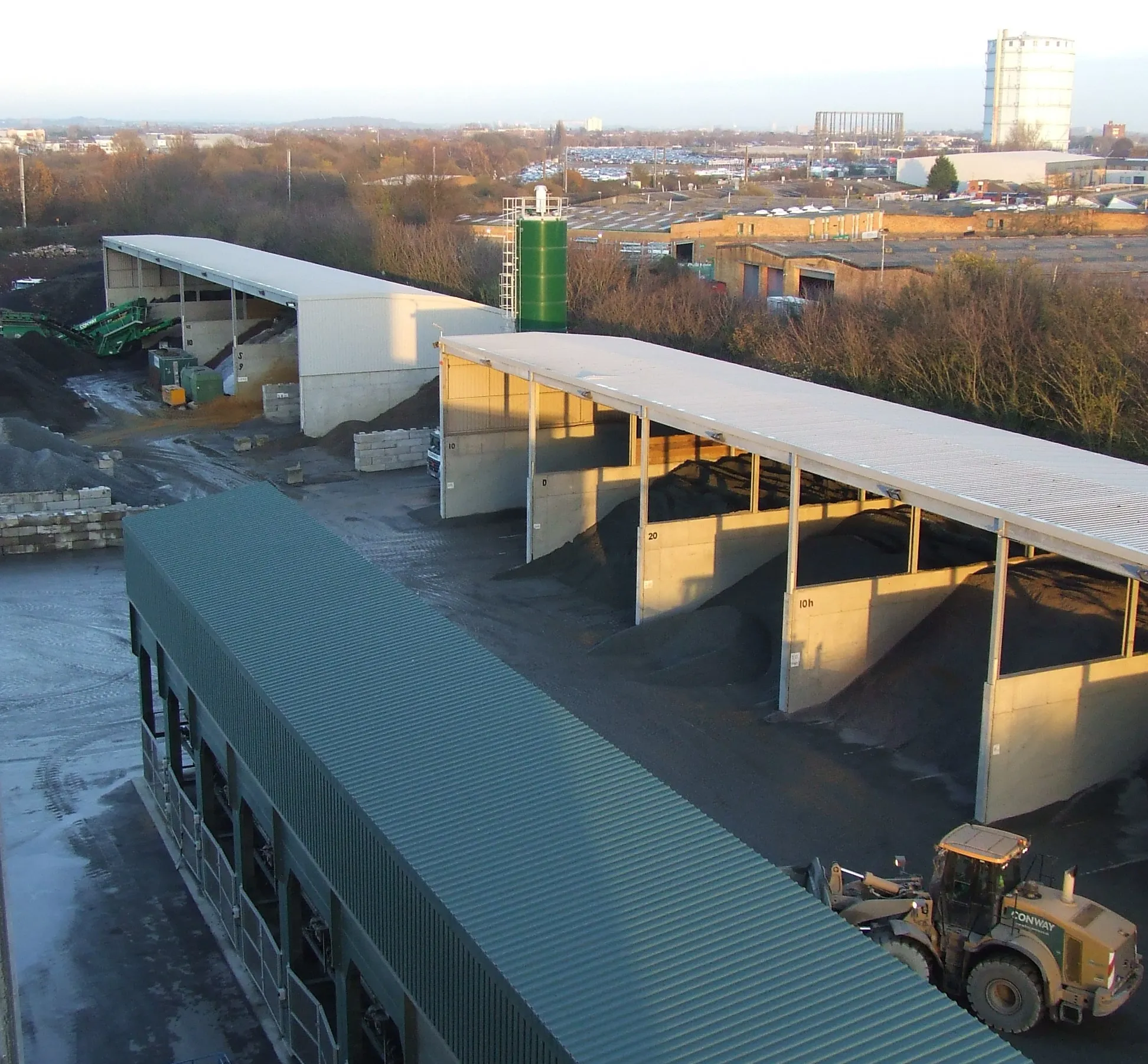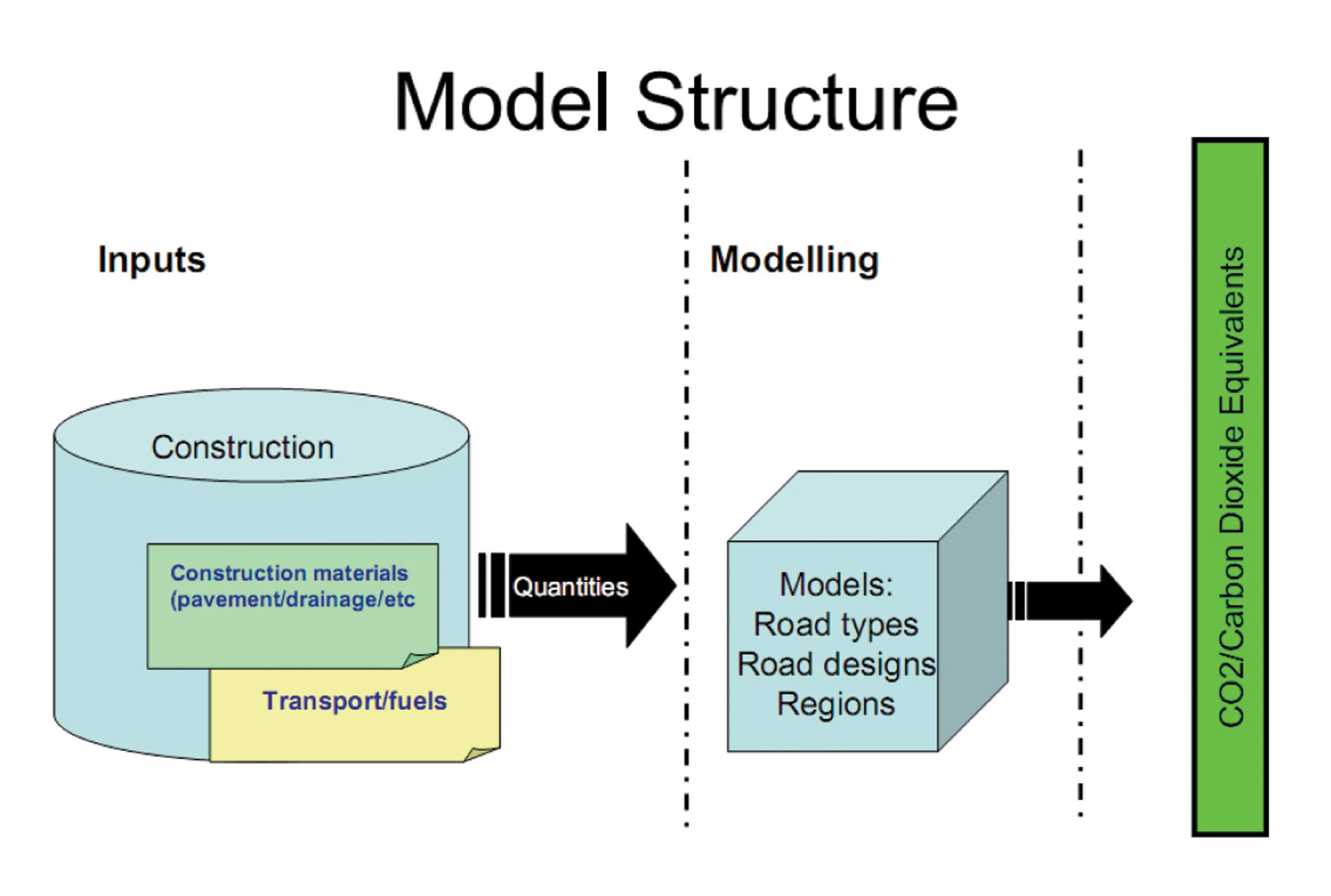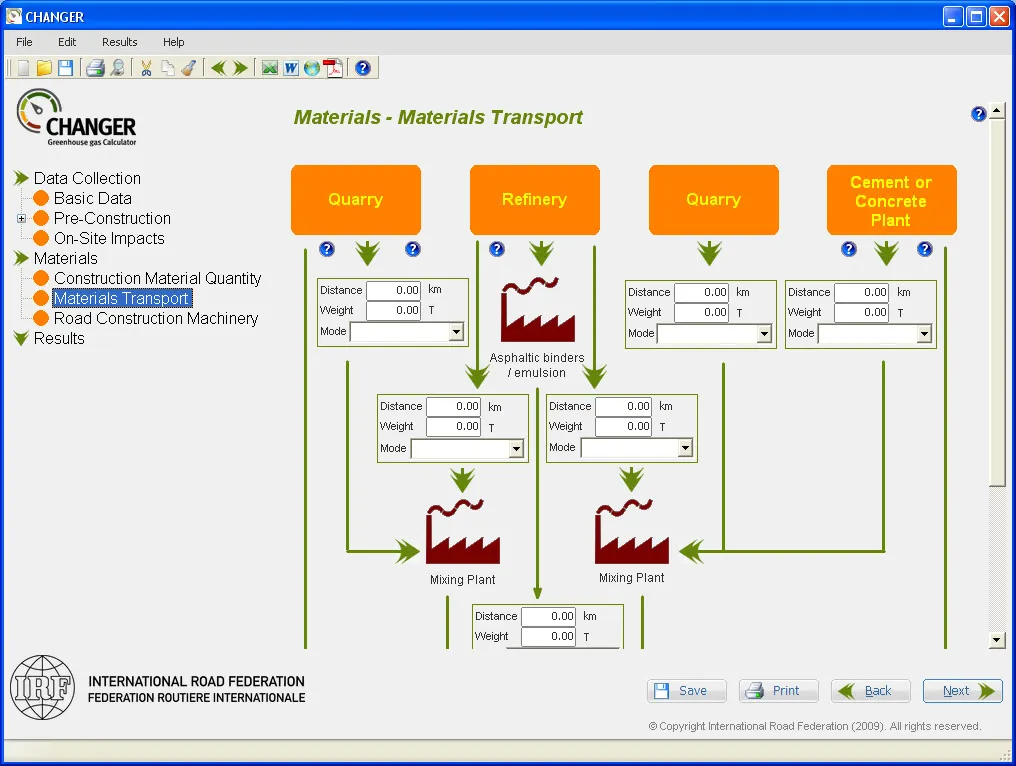
Roads can lead the way in the decarbonisation of the construction industry, but more investment is needed. Construction, and road construction in particular, plays a critical role in society, but the carbon impact of the sector is intensely difficult to abate.
Analysis from the Shell Decarbonising Construction report has shown that construction accounts for 37% of global emissions. The roads sector, however, has a good foundation to build on, and reasons to be optimistic.
Infrastructure like roads and railways are more homogenous across regions and use similar materials. Although a large country like the USA varies in topography and climate, 94% of its roads are paved with asphalt.
Alternative materials for road construction are in the process of being scaled up. Low-carbon asphalt represents both an alternative and a circular material with up to 90% reuse of the material, directly in new roads.
In fact, the “Decarbonising Construction” report expects that the infrastructure end-market of the construction industry, which receives around 35% of global construction spend, will be the quickest to decarbonise. This is due to the fact that infrastructure projects are generally have centralised budgets. They are also generally developed by governments that are able to take a wider set of factors into account than purely commercial enterprises, and whose procurement policies increasingly contain emissions reduction targets. And the large scale of these projects also makes it easier for them to absorb the higher cost of low-carbon solutions.
However, more innovation, investment and effort is needed if the infrastructure end-market, and the entire construction industry, is to successfully decarbonise.
Asset owners have a leading role to play to generate demand, kickstart collaboration, and increase investors’ confidence to take the leap of faith necessary to invest in emerging technology. They need to include more carbon emissions requirements in their construction projects.
The awareness of embodied carbon as a concept needs to be disseminated – embodied carbon, meaning all the CO2 emitted in producing materials for construction, can become a more well-known concept by sharing best practices across the sector, ultimately ensuring new solutions, tools and ways of working are adopted and scaled quickly. Supporting a cultural shift can also be done by creating coalitions of like-minded businesses and helping early adopters connect and learn from one another.
Low-emissions equipment must also be rolled out faster and this depends on grid accessibility, the supply of renewable power and the development of hydrogen fuel cells, especially for use in remote locations or heavy-equipment applications where batteries may never be viable.








